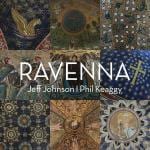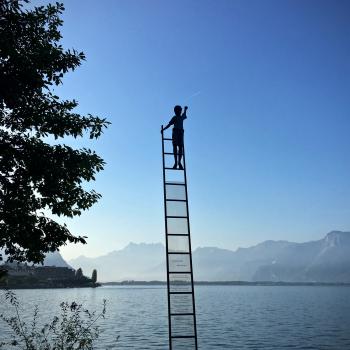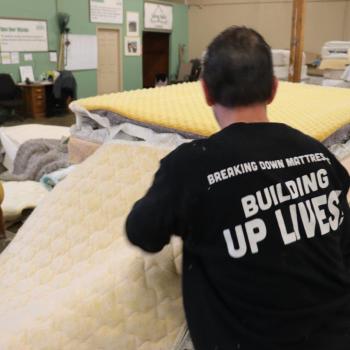Do you ever think back to the times and places that are now nothing but fading memories and wonder? “What could have been?”
One of the more intriguing photos from my grandmother’s collection is this one. Handwritten is a date, 1936 and this caption. “As we left for California, a close up and the end of our N. Dak Ranch.”
1936 was a tough year to be a North Dakota farmer. They endured the most severe heat wave in modern history, killing some 5,000 people nationwide and causing widespread crop failure. And it came on the heels of a terrible winter, one of the coldest on record. It was the hottest segment of the famous Dust Bowl. No rain. Endless heat. Crops withering. Animals dying.“Enough,” he said. The tough Scandinavian threw in the towel, sold everything, and moved the family to California. No doubt he was swayed by the promise of temperate conditions, ample work, and a different lifestyle.
They weren’t alone. The Great Depression and the Dust Bowl pushed 1.3 million people to California in the 1930s, as they were looking for a better life. Think Grapes of Wrath.
One of the relics I have is the final bill of sale from that fateful day when the farm was sold. What was it like to leave the land you had nurtured, turning your back on its crumbling clay forever?
They headed to bustling California pulling a Ford coupe and all their possessions ambling behind on an 8 x 8 trailer. They landed in Stockton, CA, located in the fertile San Joaquin valley.
I wonder what my Norwegian grandfather thought of the Spinach Riot the year after they moved there? This was a famous labor dispute where farmworkers and longshoremen, armed with clubs, battled 700 deputized citizens armed with short-handled pickaxes for three hours in front of the massive Stockton cannery.
 He – and others like him – were part of the problem. Too many migrants from other parts of the country, not enough work. There was angst against Mexicans, Filipinos, and Easterners.
He – and others like him – were part of the problem. Too many migrants from other parts of the country, not enough work. There was angst against Mexicans, Filipinos, and Easterners.
I’m sure it was a hard life — scraping for work, competing with hundreds of others with the same hungry eyes and babies at home to feed.
I wonder if he ever wanted to ditch the concrete and pavement jungle of the city and take his family back to the ranch?
Did he cast his eye over his shoulder, thinking he didn’t belong?
Did he ever think about riding his horse into the endless horizon, the evening breeze at his back, the sound of the grain flowing back and forth?
Did he long for those quiet mornings, where the cows grunted their approval while he squirted the milk into the pail?
I catch myself looking backward sometimes. Places I’ve lived. People I’ve known. I remember those days of quiet peace and wonder what would have been. But the virtual dust pushed me West, the harsh winter of life drove me to where I am. And it is here where I prosper, where I find my place again.
And then I catch myself looking forward to a new home. It’s a farm with streets of gold. The crops never fail there. In a single moment, I’ll heartily shake the hand of my grandad, meeting him for the very first time.
And I can hardly wait.


















